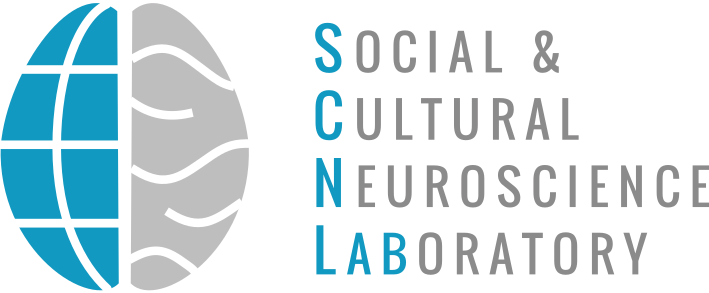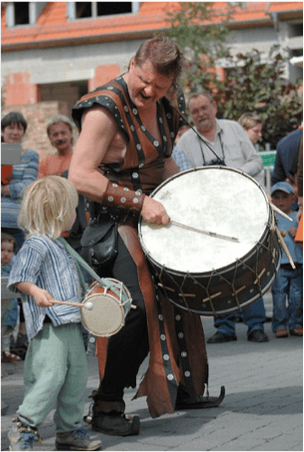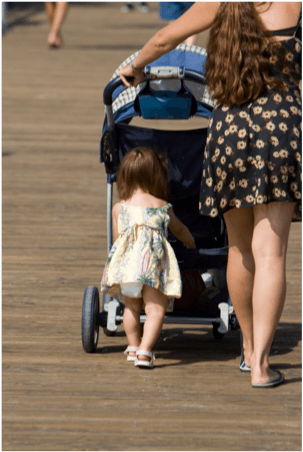Humans acquire cultural beliefs and practices from others through a combination of instructed learning and imitation. Anthropological theories of cultural learning suggest that a set of psychological biases exist that increase the efficiency of cultural learning. These biases include preferential learning of certain types of information and from certain individuals, especially those who are perceived to be similar to the self or high in social status.
A Sociocultural Neuroscience Approach to Cultural Learning
We have proposed a neural model of cultural learning by imitation that includes brain regions implicated in action observation and imitation, mentalizing and reinforcement learning (Losin et al, 2009). We have provided support for this model by investigated brain mechanisms underlying imitative learning biases related to an imitative model’s perceived self-similarity and social status as conveyed by the imitative model’s gender (Losin, Iacoboni, Martin, & Dapretto, 2012), race (Losin, Iacoboni, Martin, & Dapretto, 2014), and political ideology (Losin et al., 2015). These studies were conducted using a novel hand sign imitation task developed for this work.
Research Studies
In order to investigate psychological and brain mechanisms related to the own gender imitative bias, we used fMRI to image the brains of individuals imitating own-gender and other-gender individuals and asked participants how similar they felt to each model (Losin, Iacoboni, Martin, & Dapretto, 2012). We found that both male and female participants reported feeling more similar to models of their own gender and that activity in the reward network was greater while imitating own-gender models, compared to other-gender models. These findings suggest that imitating others of one's own gender may be an intrinsically reinforcing behavior, providing a plausible neural mechanism underlying own-gender imitative biases.
In another imitation study, we tested whether others' physical traits or sociocultural (nonphysical) traits have more influence on accurate imitation and its underlying neural mechanisms. To do so we contrasted the effects of an imitative model's perceived racial category, which has perceptual correlates, and their political ideology, which does not (Losin et al., 2015). We found that when participants did not have knowledge of the political ideology of those they were imitating, the model's racial category affected imitation accuracy and brain activity in sensorimotor brain regions associated with imitation. However, when participants learned information about political views of those they were imitating, the influence of the model's race on imitation accuracy and brain activity was greatly reduced. These findings suggest that the sociocultural (nonphysical) traits of others are likely to be more influential over our ability to learn from others via imitation than their physical traits, such as those related to demographics.






